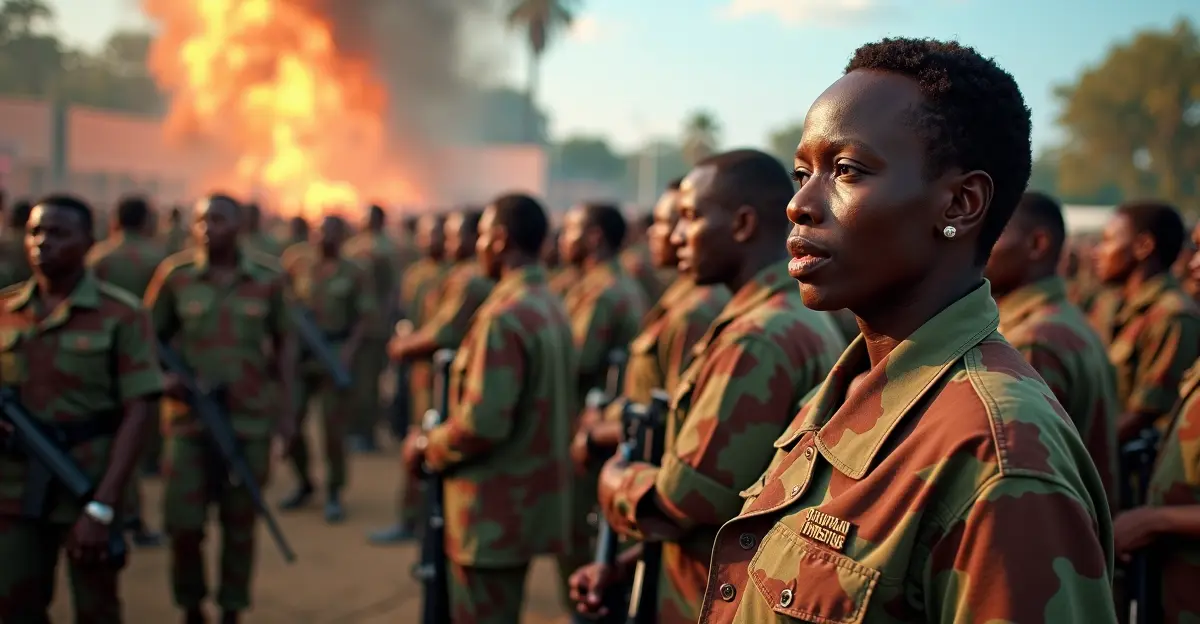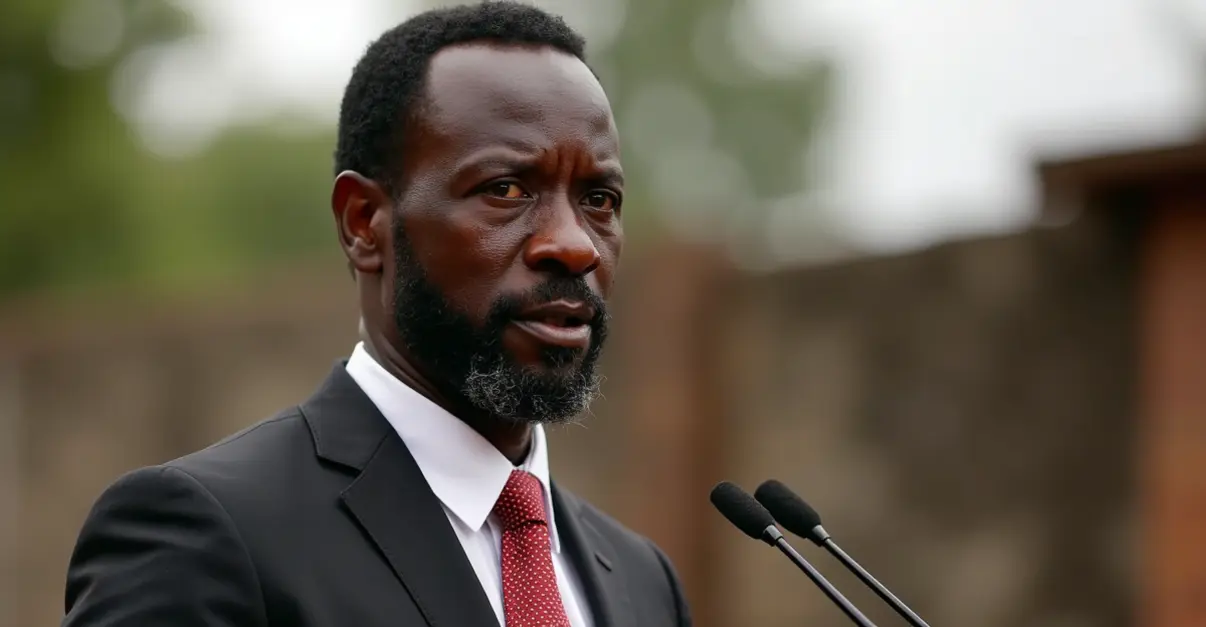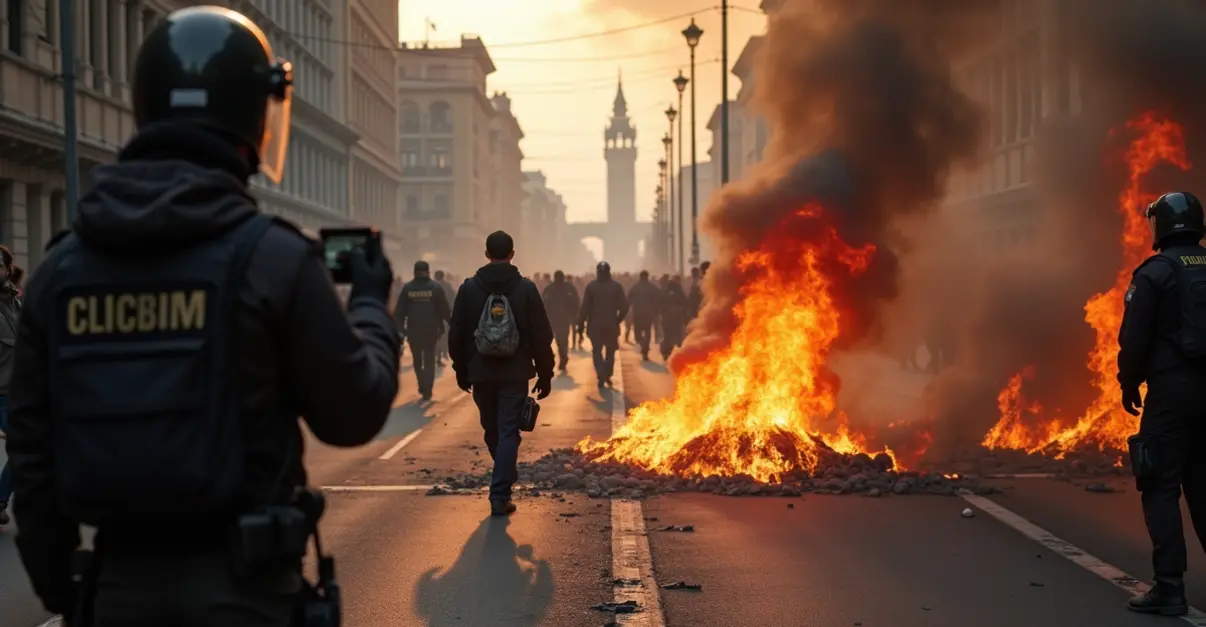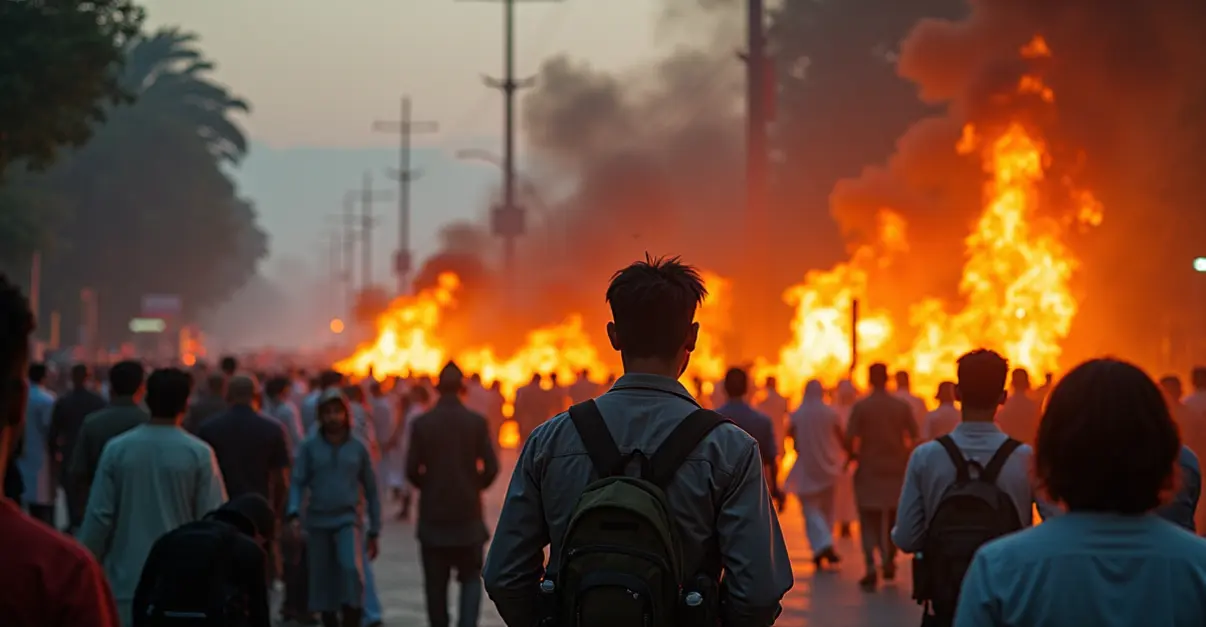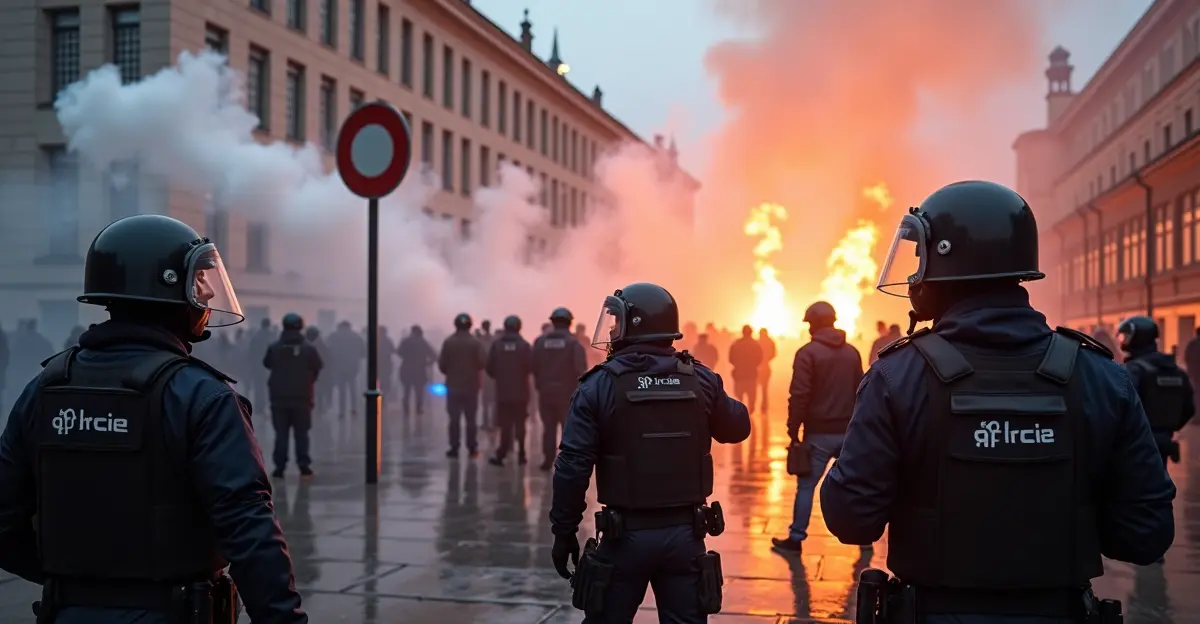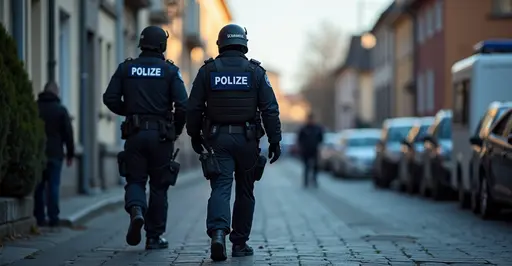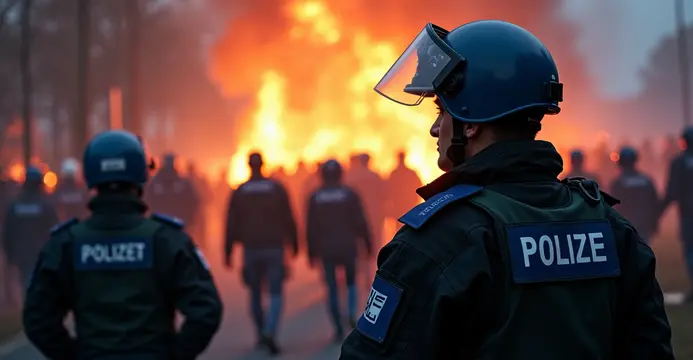Chaos Erupts at Memorial for Opposition Leader
Four people were killed and multiple others injured when Kenyan police opened fire on mourners at a memorial service for former Prime Minister Raila Odinga in Nairobi. The incident occurred Thursday at Kasarani Stadium where thousands had gathered to pay their final respects to the 80-year-old opposition leader who died Wednesday of a heart attack while receiving medical treatment in India.
'They broke through a fence and stormed inside,' said eyewitness Felix Ambani Uneck, who was present at the funeral. 'Then the police started shooting - it was chaos everywhere.'
Violence Escalates at Stadium
According to reports from BBC, it remains unclear whether police used live ammunition or rubber bullets during the confrontation. Security forces also deployed tear gas to disperse the massive crowd that had gathered to view Odinga's body. The stadium was packed beyond capacity, with many additional mourners attempting to force their way inside.
The violence follows earlier disruptions on Thursday when thousands of Odinga's supporters stormed Nairobi's international airport with branches and Kenyan flags, forcing the cancellation of a ceremony where President William Ruto and other officials were scheduled to receive Odinga's body.
Odinga's Political Legacy
Raila Odinga was a central figure in Kenya's struggle for democracy, serving as prime minister from 2008 to 2013 under a power-sharing agreement. He made five unsuccessful bids for the presidency, most recently challenging President Ruto in the 2022 elections. His political career spanned decades, beginning in the 1980s as an opponent of President Daniel arap Moi's authoritarian regime, for which he spent eight years in prison.
President Ruto, despite being Odinga's political rival, described him as a 'master of democracy' and 'fearless freedom fighter,' declaring seven days of national mourning. 'He fought tirelessly for multi-party democracy in Kenya, and today we enjoy those freedoms because of his struggle,' university student Felix Ambani Uneck told Reuters.
History of Political Violence
This is not the first instance of deadly clashes between police and protesters in Kenya. Just this summer, at least 10 people were killed and 29 injured during anti-government demonstrations where protesters demanded Ruto's resignation and protested against corruption and police brutality.
The 2007 presidential election, which Odinga appeared to win before the victory was awarded to Mwai Kibaki, sparked widespread violence and political unrest that left approximately 1,200 people dead. Many observers concluded the election had been conducted fraudulently.
As Kenya mourns the loss of one of its most prominent political figures, the violence at his funeral underscores the ongoing tensions in the country's political landscape and raises serious questions about police conduct during public gatherings.

 Nederlands
Nederlands
 English
English
 Deutsch
Deutsch
 Français
Français
 Español
Español
 Português
Português
